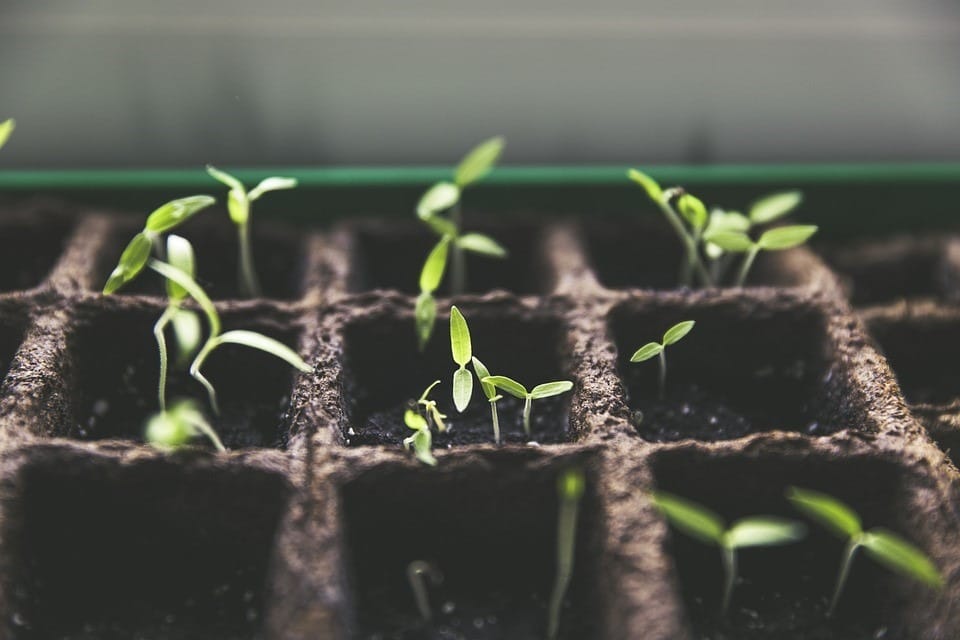Growing your food is one of the best ways to become self-sufficient and run a self-sustaining household. It’s also the only safe way to know exactly what you’re putting on your plate. It also helps alleviate your budget and allows you to get a new perspective on all your grocery runs. In the COVID-19 era, it gives you something to do during social distancing and lockdown regulations. Even without it, it’s a hobby that can help you relieve stress after a hard day at work. All in all, growing your vegetables at home is an amusing notion. Here’s what you should know about it.

Start with an analysis
The first step that you have to take is to figure out all your assets. You have to find a perfect spot; pick the vegetables you want to plant and know your soil. All of this is just a starting position, but it might take hours of research and even taking a sample of the soil from your backyard to lab analysis. While this may seem like too much effort, remember that it’s something you should do just once in the beginning. Once you have the full picture, you can spring into action.
Companion planting
One of the simplest ways to enhance your crops’ yield is to explore the concept of companion planting. Some plants grow well together because they don’t drain the same type of nutrients from the soil or because they fend off each other’s pests. For instance, basil goes great with tomatoes, while sages help repel carrot flies. Crimson clover, on the other hand, can help broccoli grow. The reason why this method is so ingenious is that it doesn’t require much passive effort. It makes your garden self-sufficient, a closed loop that can function without much input on your part.
Try something different
While you can make garden beds and do some basic maintenance, you can take another step. That is in case you’re an ambitious person. For instance, you could outfit a container for farming purposes. That is especially effective in urban areas (on roofs, etc.). There is another concept that is quite innovative and effective. Farming with a hydroponic system allows you to get a maximum crop yield in the smallest possible area. It is an incredible concept with a far-fetched future. The initial investments may seem steep, but they have a return that makes up for it.
Composting
The idea of composting is the pinnacle of both DIY agriculture and ecology. Why? Well, because it allows you to turn your leftover food (and other debris from your property) and turn it into nutrients for the soil on your property. All food except for meat and dairy will work. Even things like eggshells can be used for this (they are full of calcium), and even shredded old newspapers have their purpose in this field. Other than composting, it would be best if you also considered mulching. What you’ll need is a powerful shredder that can turn branches and timber into chips.
Irrigation is key
A proper irrigation system will make a difference between the success and failure of your DIY agricultural methods. You can either buy this irrigation system, or you can make one on your own. If you want to make a large investment, you should probably get a smart irrigation system. IoT and smart technology are rapidly revolutionizing agriculture. For those obsessed with eco-friendliness, the best thing you can do is create a rainwater harvesting system. This way, you get to save the planet by cutting down your water bill. Green methods usually end up being the most cost-effective ones, as well. It all comes down to your budget and priorities.
In conclusion
The above-listed ideas aim to be budget- and eco-friendly while providing you with the highest quality organic food. Besides being an outright amazing idea, all of this is significant from the didactic perspective. By showing your kids the difference between organic and GMO food, you’re teaching them to appreciate what matters. Most importantly, you’re showing them the path that the food has to cross to reach their table. All of this may make them appreciate it more. It sets crucial precedents early on.

